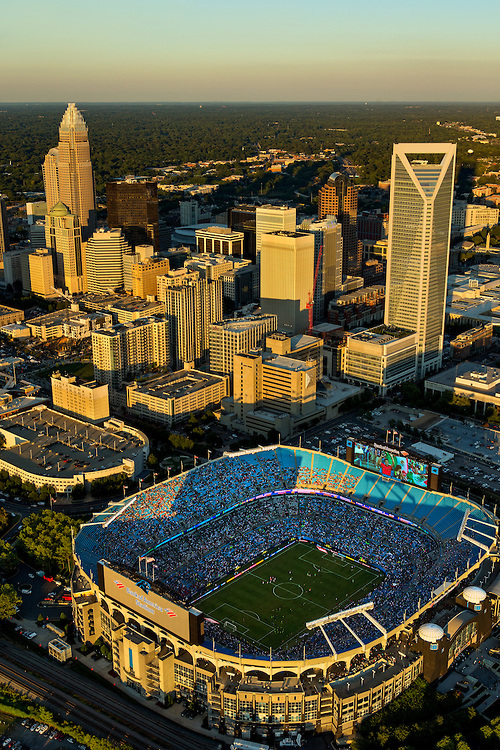Quick shot for a busy summer Friday, (isn't every Friday now a busy Friday?), and a quick reminder on just how important workforce planning and talent attraction and acquisition challenges are towards making big, hairy organizational decisions like 'Where should we build the factory?' and 'Should corporate HQ be in some massive office park in the suburbs (near the affluent towns where all the C-suite lives), or within the city limits, (where the millennials all want to live?).
Take a quick Friday or weekend read of this piece from the New York Times titled "Why corporate America is leaving the suburbs for the city' to get a feel of how these dynamics and interplay between HR, talent, culture, and organizational strategy are playing out for companies like McDonald's, Motorola, and General Electric.
An excerpt from the piece (and you really should read it all):
For decades, many of the nation’s biggest companies staked their futures far from the fraying downtowns of aging East Coast and Midwestern cities. One after another, they decamped for sprawling campuses in the suburbs and exurbs.
Now, corporate America is moving in the other direction.
In June, McDonald’s joined a long list of companies that are returning to downtown Chicago from suburbs like Oak Brook, Northfield and Schaumburg.
Later this month, the top executive team at General Electric — whose 70-acre wooded campus in Fairfield, Conn., has embodied the quintessential suburban corporate office park since it opened in 1974 — will move to downtown Boston. When the move is completed in 2018, the renovated red brick warehouses that will form part of G.E.’s new headquarters won’t even have a parking lot, let alone a spot reserved for the chief executive.
Why are these companies heading back into the central, urban areas that many of them exited for the (literally) greener pastures of the suburban corporate office park back in the last 20 - 30 years?
Like we do for everything else, it's time to blame the millennials. More from the Times piece:
The headquarters of Motorola Solutions will start moving to downtown Chicago on Aug. 15, though more workers will stay in suburban Schaumburg than move to the new offices near Union Station. But for the first time in half a century, top executives from the company will again be in downtown Chicago.
“Where you work really matters,” said Greg Brown, the chief executive of Motorola Solutions. “No disrespect to Schaumburg, but customers and new hires didn’t want to come to the suburbs an hour outside of Chicago. We wanted energy, vibrancy and diversity, and to accelerate a change in our culture by moving downtown.”
“This was the right thing in terms of strategy,” he said. “Millennials want the access and vibrancy of downtown. When we post jobs downtown, we get four or five times the response.”
On the surface, it all makes sense, and isn't really all that complex. These companies and others are finding it harder to draw the new, often technical talent they need to some far-flung corporate outpost an hour from the city center whose primary draws are things like 'good schools' and 'ample parking' - things that don't often attract childless, Uber-preferring younger workers.
But HR folks that have dialed in their workforce planning and talent attraction strategies to help inform the CEO and COO on matters such as these can't simply rest now that they have made the big call to relocate the company HQ back into the city. Eventually these new workers start to get a little older, start to think about wanting the things that make the suburbs attractive in the first place - the schools, the Whole Foods, the 1.2 acre lawn, etc.
What happens then? Does the organization head back out to the 'burbs? Do you keep a 'millennial-friendly' presence in the city regardless? Workforce planning has always been important, it is just getting harder I think than it used to be in the past.
The best HR/talent advisor needs to have a little bit of cultural anthropologist in them I think, to better inform their organization's workforce and talent plans with at least an educated guess on what things outside of work are going to be important to the people that do the work. And where they want to live might be the most important of all.
Have a great weekend!
Also, in case you missed it - BIG news from the HR Happy Hour Show this week, read all about it HERE.